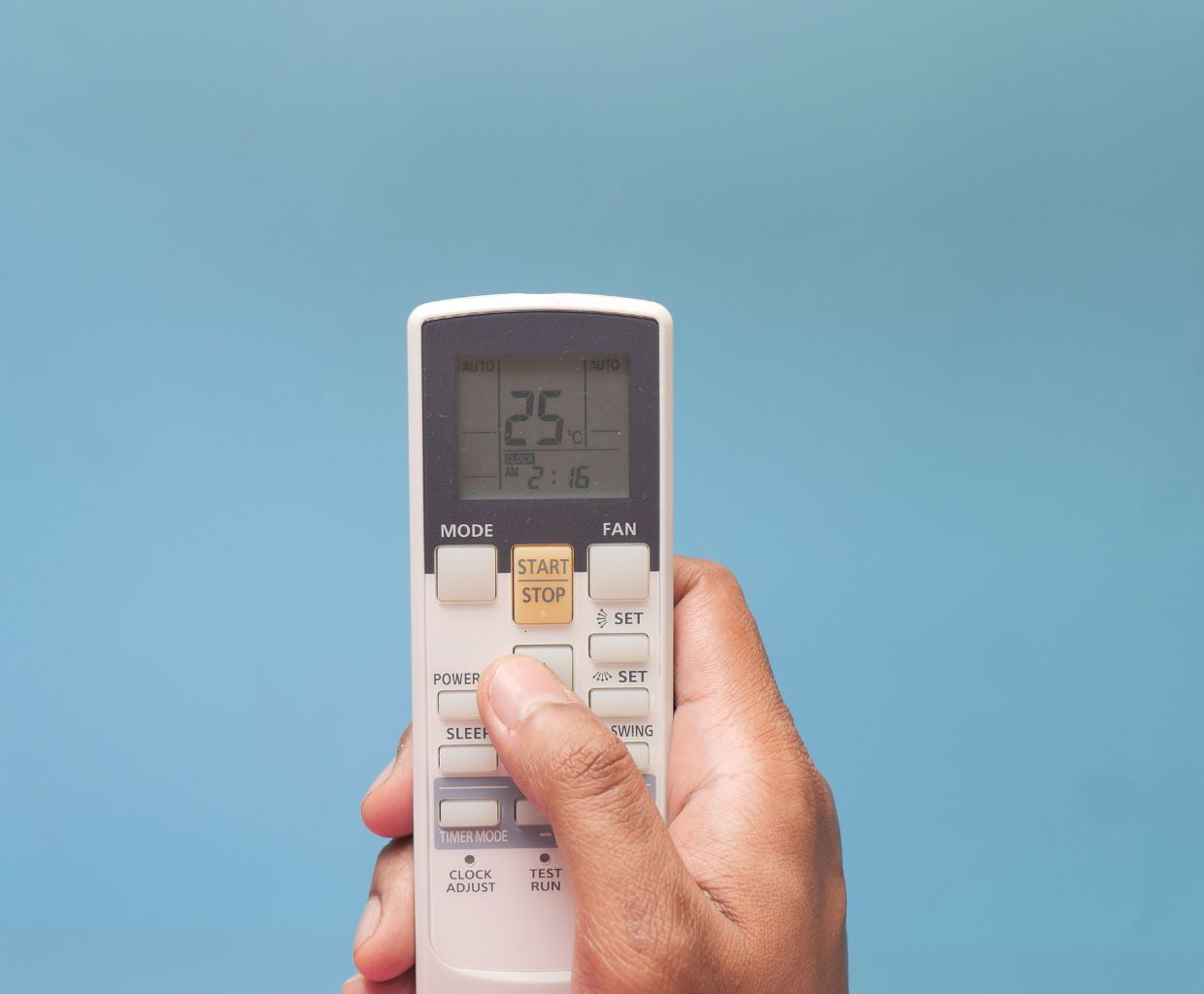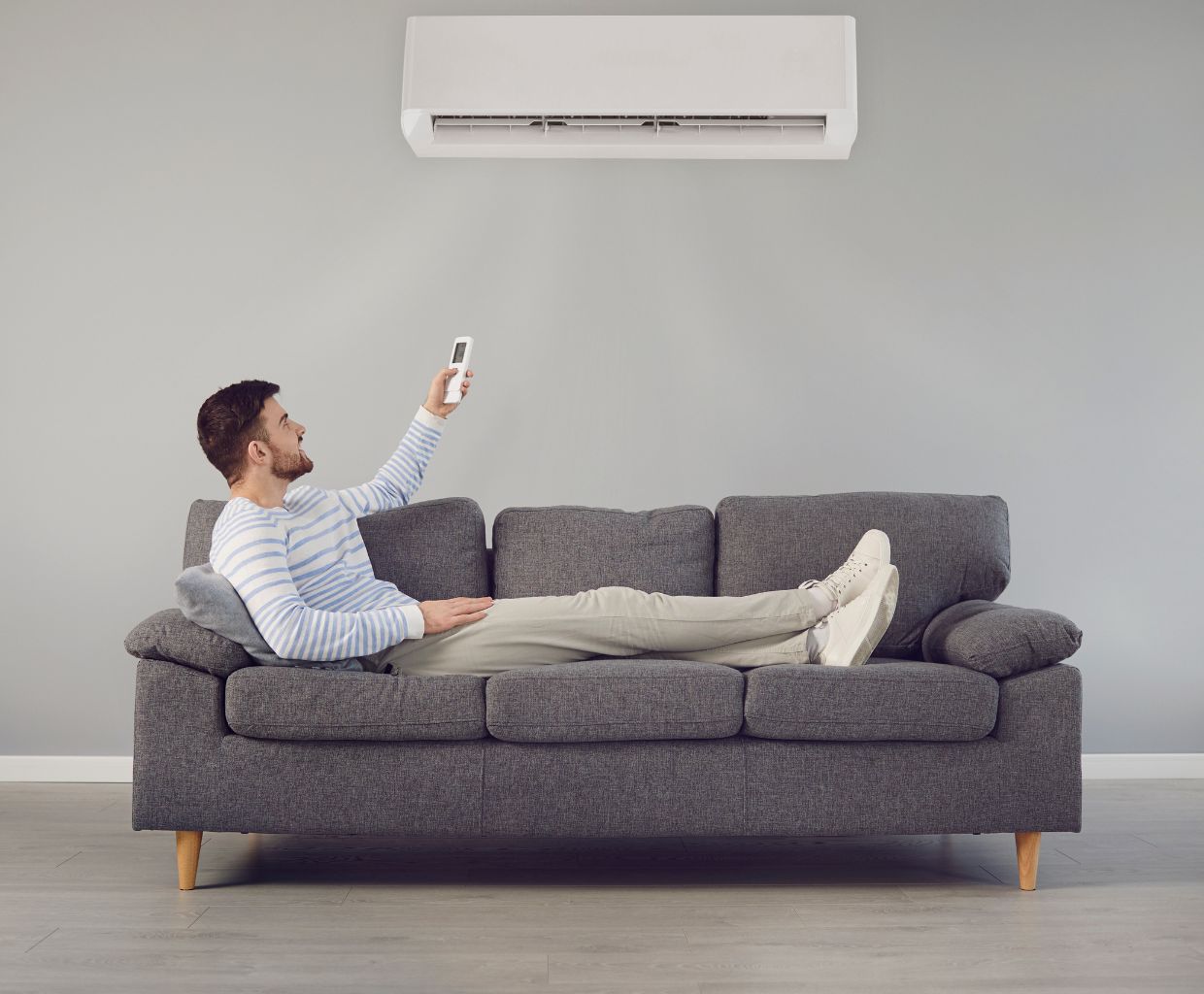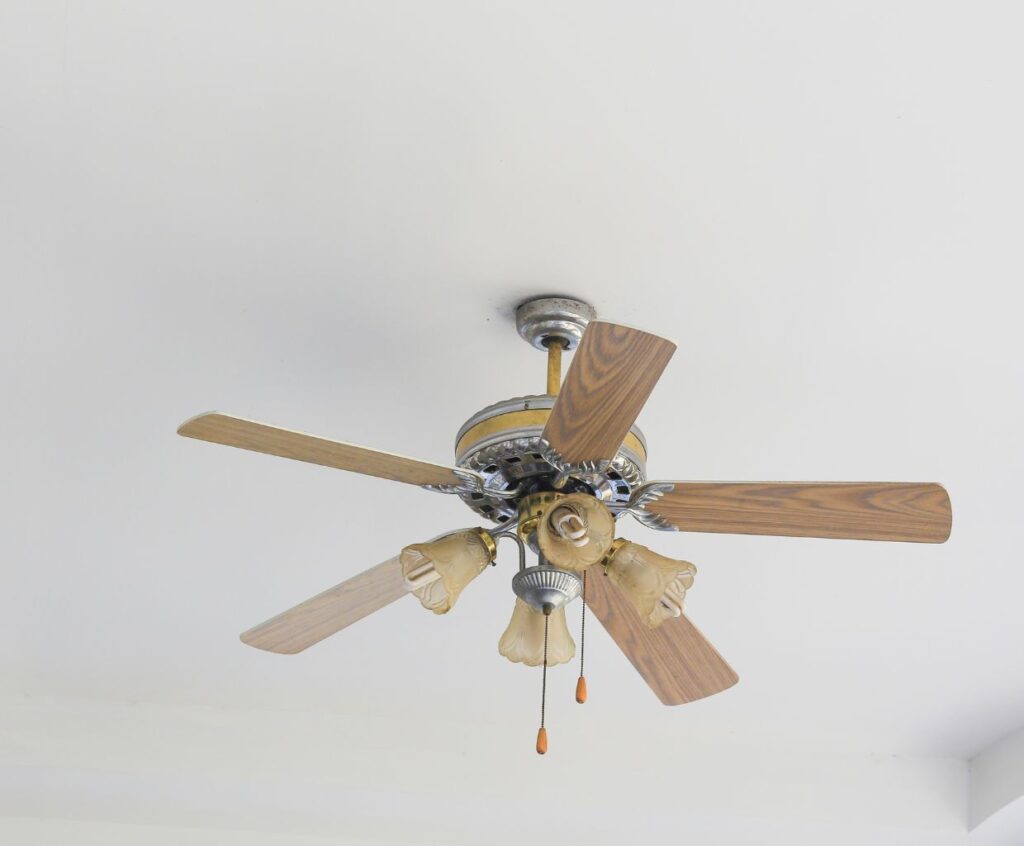Air Conditioning Vs. Ceiling Fan The True Cost Of Both
Air conditioning and fans are two of the most-used cooling methods, but they have their differences. Air conditioners are more effective at cooling rooms than fans. Another difference between the two is that air conditioners remove warm air from your home, while fans move air around without removing it completely.
The question is: which method is better for you? This blog will explain what each device does and how much they cost over time so you can make an educated decision!
Contents
- 1 Air Conditioning Vs. Ceiling Fan The True Cost Of Both
- 1.1 Air conditioning costs more than a fan, but…
- 1.2 Air Conditioning Vs. Ceiling Fan
- 1.3 In order to cool you down, air conditioners remove warm air from your home.
- 1.4 Fans and air conditioners are both more effective if you use them with another cooling method
- 1.5 Both fans and air conditioners can be expensive to run, but a little preparation can help.
- 1.6 If you have asthma, a fan might be healthier for you than air conditioning
- 1.7 What About The Sound?
- 1.8 Fans do not cost as much money as an AC unit but are typically less effective
- 1.9 Air Conditioning Vs. Ceiling Fan – Conclusion
Air conditioning costs more than a fan, but…
Air conditioning costs more than a fan, but it also keeps your house cooler and can reduce the cost of other items.
For example, an air conditioner can help you save on your electric bill by reducing the amount of electricity needed to cool your home. In addition, if you run an air conditioner for just two hours per day at a cost of $0.10 per kilowatt hour (kWh), it will cost $20 over the course of one year. A fan costs less than an air conditioner, but…
Fans are cheaper to purchase, but they don’t cool down your home as well. If you want the best option for cooling your house, air conditioning is probably the way to go. However, if you want something that will keep your electricity bills low and don’t mind feeling warm at all times of the year, then a fan is the way to go!
Air conditioning can also reduce the need for fans, which can be noisy and expensive. This is because air conditioning makes your home cooler and reduces the amount of heat that needs to be removed from your house. If you have an air conditioner in your house, then it’s likely that you’re spending less money on ice packs or fans (as well as being more comfortable).
Air Conditioning Vs. Ceiling Fan
Air conditioner fans and air conditioning units are both designed to cool the inside of a house or building. However, they do so in very different ways.
Air Conditioner: The air conditioner is made up of several parts including an indoor coil, outdoor coil and compressor unit that compresses refrigerant gas into liquid form so it can be used again later on during the cooling process (this is called re-circulating). This process requires energy from your home’s power grid which means you will pay more money in electricity bills than if you were using just fans alone without any type of cooling system at all!
Fan: A fan works by blowing cool air around inside your home creating convection currents that help distribute heat evenly throughout all rooms within reach of its range–they’re also much cheaper than AC units! The main downside to using a fan is that they don’t do much to cool down your home. If you live in a very hot climate and the outside temperature is over 90 degrees Fahrenheit, then this may not be enough to keep you comfortable. In addition, fans only move around warm air within your home rather than removing it completely–so if there are leaks somewhere in your home’s walls or roof, then this will just lead to more problems!
In order to cool you down, air conditioners remove warm air from your home.
The fan in your air conditioner blows warm air out of the house. The compressor then cools the air and sends it back into your home. This process can be repeated over and over, depending on how hot it is outside and how often you want to turn on your AC unit.
Air conditioning units work best when they’re running at full capacity, so we recommend using them when temperatures are above 80 degrees Fahrenheit (26 degrees Celsius). If you’re using an older model that doesn’t have a programmable thermostat, this might mean turning on your AC at night when everyone else is sleeping or leaving it off during the day when no one is home–both options will save money!
Fans and air conditioners are both more effective if you use them with another cooling method
If you’re using a fan, it’s important to remember that it won’t cool down your home as effectively as an AC unit. However, if you have both a fan and an AC unit running at the same time, they can help each other work more efficiently.
For example, fans are great for helping people cool down faster when they feel hot by blowing air over their bodies–this will cause sweat to evaporate from our skin faster than if we were just sitting still in humid heat. But since it takes energy for fans (and any other type of machine) to run their motors and blades, this process could make them work harder than necessary if there isn’t enough airflow in the room where they’re placed.
The solution? Use both! Not only does this mean less energy consumption overall; but also these two different cooling methods complement each other perfectly: one creates cool air while another moves it around so that everyone benefits from its effects without feeling too cold or too hot.”
Both fans and air conditioners can be expensive to run, but a little preparation can help.
Both fans and air conditioners can be expensive to run, but a little preparation can help.
- Buy an energy efficient AC unit. According to the Environmental Protection Agency (EPA), you’ll save money on your electric bill by choosing the right size and type of air conditioner for your home.
- Use a programmable thermostat and set it at 78 degrees Fahrenheit when no one is home or sleeping in bedrooms during warm months; keep rooms cooler when people are awake or sleeping there at night (between 68-72 degrees F).
- Make sure that your AC unit is running efficiently: clean or replace filters regularly; check for leaks around vents; make sure ductwork isn’t leaking cold air into walls where it won’t benefit anyone; check refrigerant levels periodically throughout the year so you don’t run out unexpectedly during peak seasons like summertime when demand for electricity goes up due to higher temperatures outside which increases demand inside too!
If you have asthma, a fan might be healthier for you than air conditioning
Fans are less likely to trigger asthma attacks than air conditioners. Fans can be used in combination with other cooling methods like ice packs or cool water bottles. Fans are more effective at cooling small spaces than large ones because they don’t distribute cold air as efficiently as central AC units do–so if your space is only 10 x 10 feet (3 x 3 meters), it’s better off without an AC unit! And lastly: fans are cheaper to operate because they use electricity instead of gas or oil which means there’s no maintenance costs once installed.
What About The Sound?
Some people prefer the sound of a fan over the hum of an air conditioner, but there are options for quieter AC units as well. Some fans have remote controls so you can adjust your speed without getting up from your chair or bed. If you prefer a timer on your fan, look for one that has this feature built in (and isn’t too complicated).
Fans do not cost as much money as an AC unit but are typically less effective
Fans are cheaper to run than air conditioners, but they’re not as effective at cooling your home. Fans can be a good choice if you want to save money on cooling costs and don’t mind the fact that they won’t cool as much as an air conditioner does.
If you want to use a fan instead of an AC unit and still get good results, make sure that you set up the fan correctly. Place it so it blows directly toward where people sit or stand most often in the room–this will help move hot air away from them and make them feel cooler faster!
Air Conditioning Vs. Ceiling Fan – Conclusion
Hopefully, we’ve helped you make a decision about whether it’s worth it to invest in an air conditioner or not. If you have asthma or other breathing issues, consider using a fan instead of an AC unit. Fans are also cheaper and easier to install than most other cooling options available at home improvement stores today!



